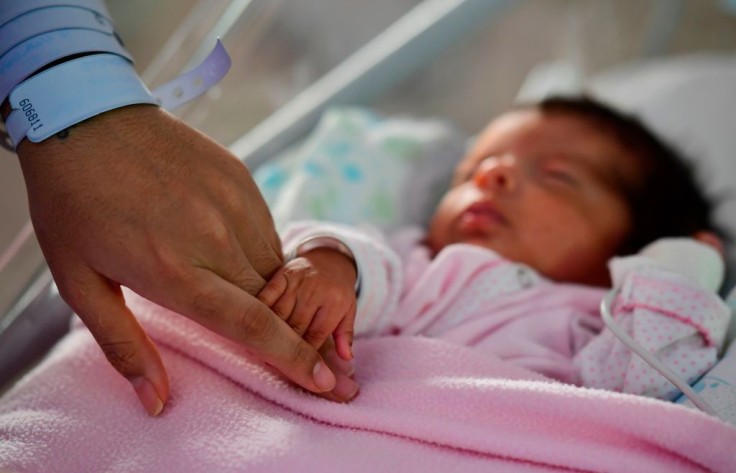
There have been a noticeable increase in respiratory syncytial virus (RSV) cases in the summertime, prompting pediatricians to warn parents to be aware and ensure their young ones are protected.
Dr. Anita Henderson, a pediatrician and an officer of the American Academy of Pediatrics (AAP), surmises that the uptick of RSV cases this summer may be due to the lack of masking or social distancing enforcements compared to the past two years of the COVID-19 pandemic. Most at risk for contracting this virus are infants, children below two years old, and aging people above 65 years old because their infection may quickly turn to pneumonia or bronchiolitis.
Speaking with WJTV, the doctor advised parents not to bring their newborn babies outside or in large crowds. As with the COVID-19 spread, staying at home would be one of the best safety protocols for preventing infection.
The pediatrician also said kissing the baby at the moment should be avoided when there's a pressing risk in the air. The doctor also suggested keeping the baby away from people with colds, coughs, and runny noses.
Read Also: Cough in Kids: Experts Working on New Technology to Correctly Identify Children's Respiratory Issues
How to know if the baby has RSV?
RSV is an airborne virus that shows symptoms within two to eight days of the infection. Most children and adults may experience coughing and congestion, sneezing and running nose, and fever for at least a week.
But for younger children, the symptoms may appear in phases. It will start with fussiness or irritability, a decrease in appetite, and a decrease in activity due to unusual tiredness.
In serious cases, babies with RSV may show short, shallow, and rapid breathing, according to Cleveland Clinic. Their belly may also appear like it's caving in, and their nostrils may be flaring with every breath. Some babies may develop bluish lips or fingernails because they are not getting enough oxygen.
Pediatrician Dr. Sara Goza said that babies who are wheezing need to be admitted to the hospital for proper monitoring as they are in respiratory distress. The children must have access to medical care as they might need to be in the intensive care unit.
Goza reminded parents to be observant and vigilant, especially if their infant or younger children have not been exposed to other kids in this pandemic. They are likely at higher risk of contracting the viruses that are coming out.
RSV vaccine is still in research and development
There is no vaccine for RSV, but therapeutics like palivizumab are prescribed for serious cases. After creating a vaccine for COVID-19, Moderna has fast-tracked its study on an RSV vaccine for children and older adults.
The biotech firm is in Phase 1 of its clinical studies for Synagis, the commercial name for their RSV vaccine. So far, only one RSV shot is needed in the trial.
GSK and other pharmaceutical companies are also conducting studies, but most have not focused on children as volunteer subjects because of the potential risks. Instead, the trials zero in on pregnant mothers who may likely pass on the antibodies during and from birth, per Fierce Biotech.
Related Article: Flurona: How Serious Is a Flu With Coronavirus?